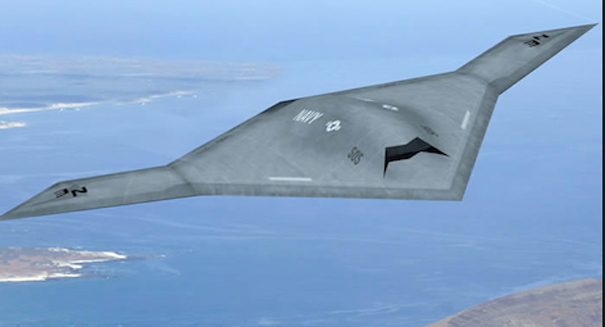-
Tips for becoming a good boxer - November 6, 2020
-
7 expert tips for making your hens night a memorable one - November 6, 2020
-
5 reasons to host your Christmas party on a cruise boat - November 6, 2020
-
What to do when you’re charged with a crime - November 6, 2020
-
Should you get one or multiple dogs? Here’s all you need to know - November 3, 2020
-
A Guide: How to Build Your Very Own Magic Mirror - February 14, 2019
-
Our Top Inspirational Baseball Stars - November 24, 2018
-
Five Tech Tools That Will Help You Turn Your Blog into a Business - November 24, 2018
-
How to Indulge on Vacation without Expanding Your Waist - November 9, 2018
-
5 Strategies for Businesses to Appeal to Today’s Increasingly Mobile-Crazed Customers - November 9, 2018
Use Of Drones Stressful For Animals
Across the country and around the world, drones are increasingly being used in wildlife research, for eco-tourism and to protect endangered animals from poachers.
Advertisement
According to Discovery News, scientists have discovered that bears “nearly have a heart attack” when drones are in their vicinity.
The researchers don’t believe that these findings should discourage the use of drones altogether, but they should help establish best practices on the use of drones to minimize their disturbance on animals.
They then went on to fly unmanned aerial vehicles over each subject for anywhere between one (1) and nine (9) times, and paid close attention to the bears’ heart rates and physical movements.
While all of drone flights prompted an increased heart rate in the bears, Ditmer said in only two cases did the bears’ tracking collars show a change in behavior. There was an instance when researchers observed that one bear’s heart rate increased by approximately 400 percent-from 41 beats per minute to 162 beats per minute. “Keep in mind, this was the strongest response we saw, but it was shocking nonetheless”, the researcher explained. Despite such stressful heart conditions, the bears in the study did not attempt to run away. It also indicates that while we may not see a reaction from bears by flying a UAV from them, it’s still causing a lot of stress to them. The study, published in the Current Biology journal, says that black bears are particularly stressed about the drones. They will try to answer that question by studying how bears in captivity respond to repeated drone flights.
To reach these conclusions, they attached cardiac “biologgers” (devices used to collect heart rate data) and Global Positioning System collars to four (4) bears living in northwestern Minnesota.
That said, despite the fact that drone use is becoming commonplace among wildlife researchers and enthusiasts, practically no research on how animals actually react to UAVs has been undertaken.
“Just because we can’t directly observe an effect doesn’t mean it’s not there”, Ditmer added. Now, new research led by experts at the University of Minnesota, St. Paul has found that the same thing happens to bears.
Ditmer also suspects that bears in other locations might have even more pronounced stress responses to UAVs: The bears in his study lived in areas heavily populated by humans and were probably used to a little noise from nearby roads and farms. Out of all of the animals found deep within the forest, a stressed out bear might be the last one you want to encounter.
This is not a research to oppose to the use of UAVs, because they are indeed very beneficial for scientific investigations.
Advertisement
The team’s next experiments will test whether animals learn to ignore drones over time.




























